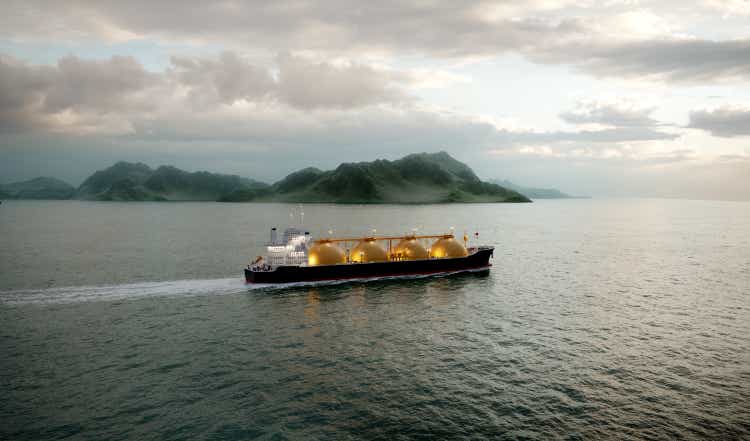Don't let TGP ship away for a ridiculous $17/share.... alvarez/E+ via Getty Images
For the last few years, being an owner of Teekay LNG (“TGP”) - or any of the other TK family entities for that matter - has not been a lot of fun. There
Don't let TGP ship away for a ridiculous $17/share.... alvarez/E+ via Getty Images
For the last few years, being an owner of Teekay LNG (“TGP”) - or any of the other TK family entities for that matter - has not been a lot of fun. There
Analyst’s Disclosure:I/we have a beneficial long position in the shares of TGP either through stock ownership, options, or other derivatives. I wrote this article myself, and it expresses my own opinions. I am not receiving compensation for it. I have no business relationship with any company whose stock is mentioned in this article.
Seeking Alpha's Disclosure: Past performance is no guarantee of future results. No recommendation or advice is being given as to whether any investment is suitable for a particular investor. Any views or opinions expressed above may not reflect those of Seeking Alpha as a whole. Seeking Alpha is not a licensed securities dealer, broker or US investment adviser or investment bank. Our analysts are third party authors that include both professional investors and individual investors who may not be licensed or certified by any institute or regulatory body.